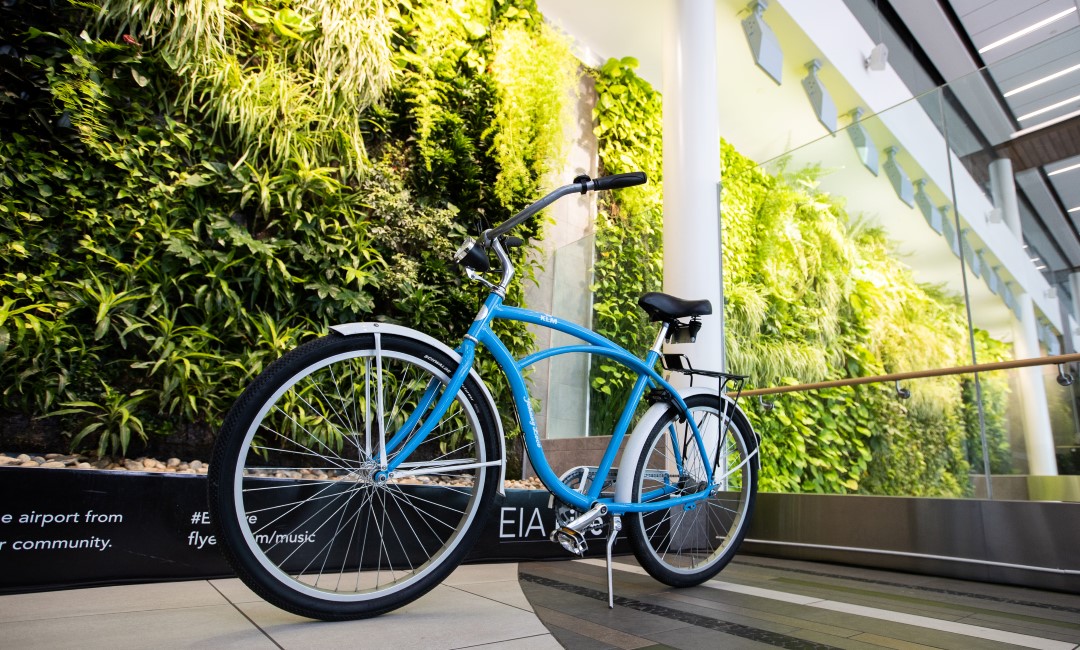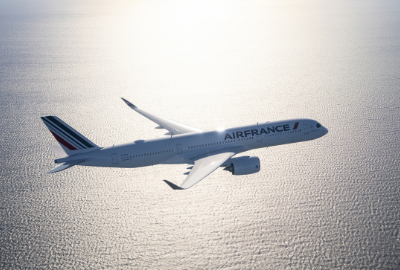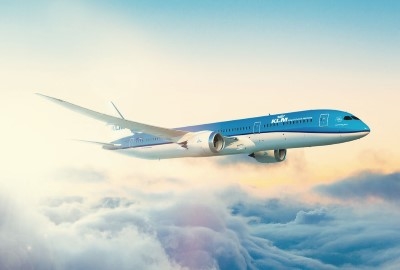Air France-KLM report: taking sustainability to next level
Air France-KLM is strengthening its commitment towards sustainable air transport. The Group aims to achieve zero net CO2 emissions by 2050 and to reduce emissions per passenger-km by 30% compared to 2019. Air France-KLM is also committed to using 10% of Sustainable Aviation Fuel by 2030. The Group unveiled its plans for sustainability at the launch of its 2021 Sustainability Report.

The report outlines the Group’s actions, taken in 2021, to accelerate its environmental transition. At the launch of the report, Air France-KLM presented ‘Destination Sustainability’, a program bringing together the Group’s ambitions on the environment and climate change on the one hand, and the human factor on the other.
More than 10 per cent SAF
To attain the Group’s net zero emission target in 2050 and thus contribute to collective carbon neutrality, the Group will reduce the direct CO2 emissions by the renewal of fleet, eco-piloting to save fuel and the use of sustainable aviation fuel. According to the plans for the sustainability pillar, Air France-KLM is committed to go beyond the targets set by the regulation with the use of a more than 10 per cent blend of SAF by 2030. Air France-KLM is committed to reduce indirect CO2 emissions, by mobilizing the value chain of the Group (suppliers, partners et cetera).
Renewal of the fleet
Of all these steps, renewal of the fleet is already in progress, as more efficient aircraft, such as the new Airbus A320neo, have been purchased. Compared with previous-generation aircraft, these new aircraft will enable a significant reduction in fuel consumption and CO2 emissions, of the order of 15%. By 2028, 64 per cent of the Air France-KLM fleet should be aircraft of the new generation.
Noise levels
One of the Air France-KLM Group’s major priorities is to accommodate its customers’ increased demand for mobility while maintaining the noise produced by the operation of its aircraft at an acceptable level for populations living near airports. The Air France-KLM Group reduced its noise footprint by nearly 40% during the 2000s, whereas the number of aircraft movements increased by 18% over the period (excluding the Covid years).
Scientific validation
To take its commitment to a still-higher level, Air France-KLM is one of the first European airline groups to choose to have its decarbonization trajectory validated by SBTi (Science Based Targets initiative), the international reference organization founded by the CDP (Carbon Disclosure Project), the United Nations Global Compact, the World Resources Institute and the World Wildlife Fund (WWF).
Social and societal responsibility is the second pillar of the Destination Sustainability strategy. With more than 71,000 employees, Air France-KLM Group is a leading employer, determined to foster an ever more inclusive culture and to fight against all forms of discrimination and inequality at work. One of the clear goals of Destination Sustainability is that 40 per cent of the top positions in the company should be held by women by 2030.


